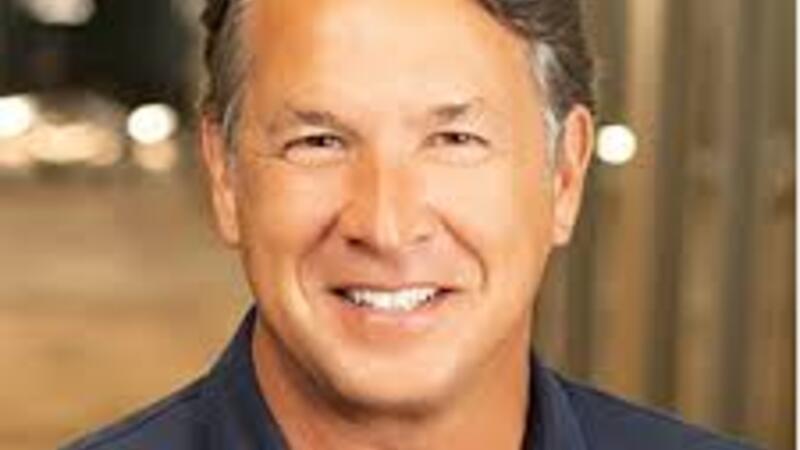Jason Hanold is the co-managing partner and CEO of Hanold Associates, a retained executive search firm with a particular focus on Chief People and Chief HR Officers, as well other C-Suite executives. As the head of a firm specializing in finding senior HR leaders who deliver business impact, he has a comprehensive understanding of the role that HR executives play within a company, and well as the qualities that equip someone to be an effective HR leader.
.The Art of Communication: Jason Hanold’s Insights on Effective HR Leadership:
According to Jason Hanold, the first step toward being a great HR leader is knowing how to communicate effectively. This includes both listening and responding. While most people simply wait for their opportunity to speak during conversations, a good listener fully digests what the other party is saying. They stay present in the conversation, actively listening and encouraging the other party to expand on their thoughts and share more. This skill not only makes the other person feel heard—an essential goal in HR—but also ensures the HR leader fu+lly understands the issue and how best to address it.
.Proactive and Empathetic Communication in HR Leadership:
The other half of good communication is taking a proactive approach to interaction with employees and stakeholders. Rather than simply waiting for people to reach out to them, HR leaders must seek out interactions and ensure that communication channels remain open and encouraged. When employees feel like someone wants to hear from and converse with them, they will be more likely to open up. HR leaders must also communicate in a way that is empathetic and constructive, rather than being overly critical and negative. The HR leader’s job is to facilitate a positive, productive workplace, and this is only accomplished by creating a safe space where conflicts and complaints can be aired safely.
.The Importance of Ethics in HR Leadership:
Jason Hanold also states that a strict adherence to ethics is essential for a good HR leader. These executives lead by example, demonstrating to the rest of the company what appropriate, healthy, and constructive workplace behavior looks like. It is impossible to be an effective HR leader and elicit ethical behavior of others when a person does not behave ethically themselves. Credibility inspires people to listen and take advice to heart, but credibility only exists if it is backed up by action.
.Problem-Solving: A Key Skill for HR Leaders:
The ability to problem solve is another essential skill for HR leaders. Much of the work done in HR is reacting to and resolving conflicts, both interpersonal and those that exist between employees and the company. A good HR executive needs to be able to see the big picture, find ways to compromise, and negotiate solutions that are amenable to all parties. Employee turnover has an outsized negative impact on a company’s bottom line, so much of an HR leader’s role involves troubleshooting issues to increase employee retention.
.Preemptive Conflict Resolution in HR Leadership:
Of course, the most effective organizations are able to reduce challenges that impede their productivity—they aren’t wasting time putting out fires. Thus, the ability to preemptively resolve potential conflicts and foresee situations that might lead to issues is equally important in an HR leader. An in-depth understanding of what it means to be human and how employees will naturally react to policies, interactions, criticism, and change can equip executives to cultivate a corporate atmosphere that is harmonious rather than conflicted. This requires both natural empathy and self-reflection, as well as a willingness to study each situation with an open mind and the ability to let go of personal biases.
